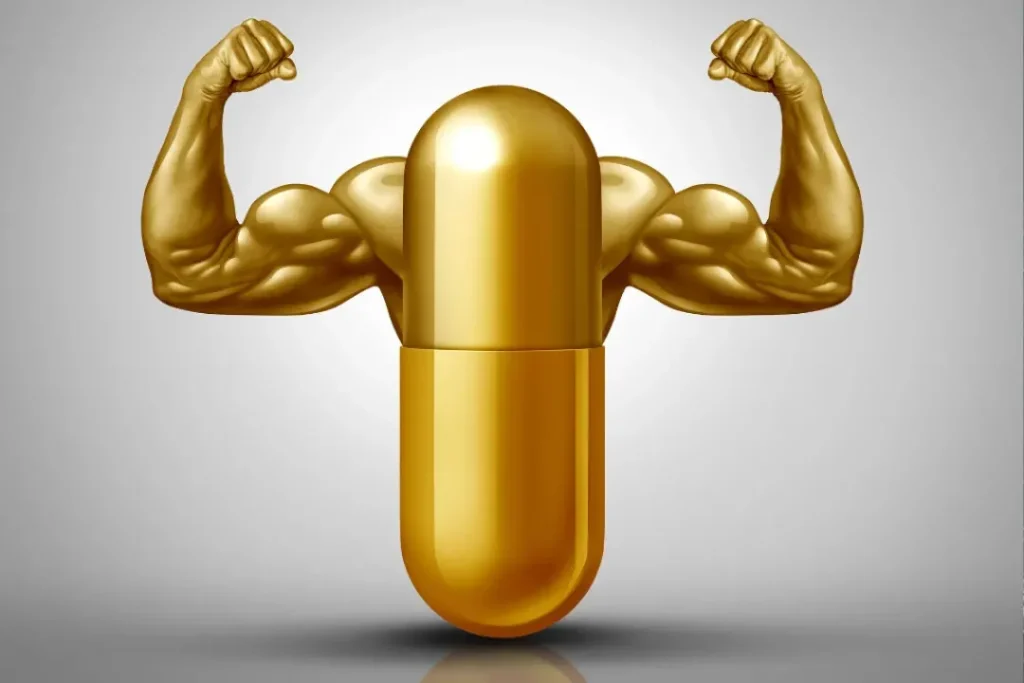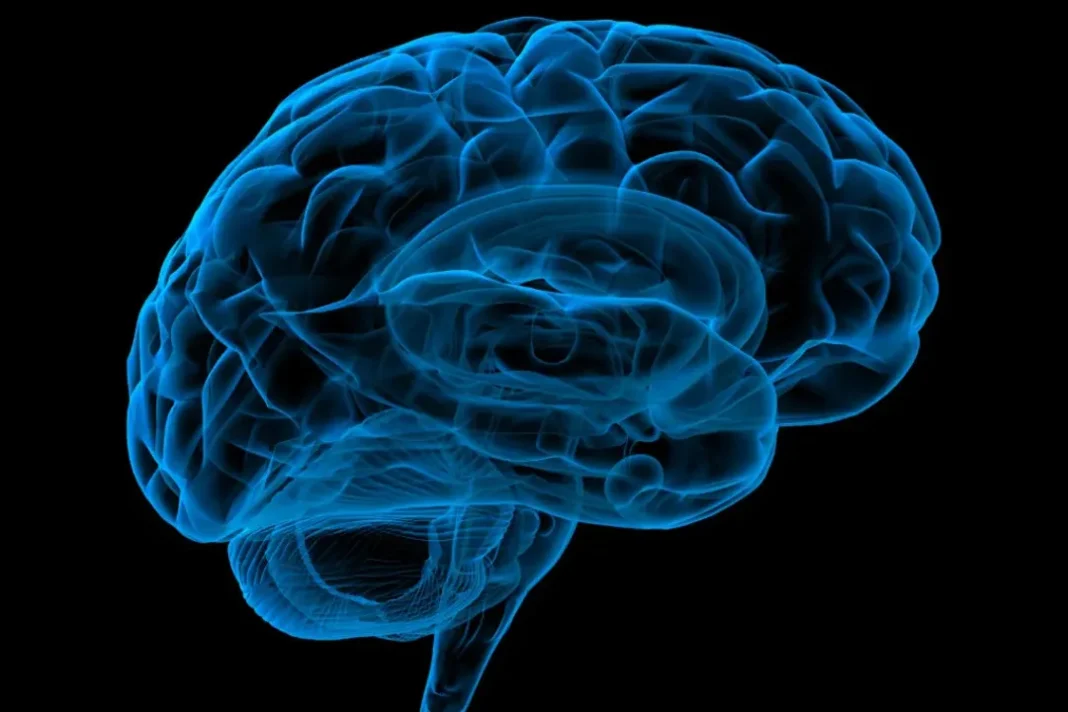While good sleep hygiene is key to quality rest, sometimes you still find yourself tossing and turning even though you think you’ve done everything right. The right sleep supplement can help you get quality sleep without unpleasant side effects. We’ll compare two leading brands: BrainMD’s Restful Sleep supplement and DELTA BrainLuxury so you can make an informed purchase decision.
Most people are familiar with the importance of consistently good sleep for health and well-being. Studies show we need a minimum of seven hours, and ideally, eight hours of quality sleep every night. Our brains need the time to consolidate and sort impressions, form memories, and conduct repairs.
We’re advised to regulate sleep hours, skip caffeine after mid-afternoon, and avoid alcohol and digital devices before bedtime, to name only a few suggestions. But these practices may not be enough to help you fall asleep and stay asleep. The CDC reports that “only a third of Americans get the recommended 7 to 9 hours of sleep a night.” Furthermore, between 50 to 70 million Americans suffer from sleep disorders.
You May Also Like:
WonderDay Mushroom Gummies vs. Real Mushrooms Capsules
The Best Natural Supplement for Immune Support: 5 Top Brands Reviewed
The persistent inability to fall or stay asleep is known as insomnia. According to the Sleep Foundation, “insomnia that goes untreated is linked to many harmful effects, including lower quality of life and increased risk for substance abuse, heart disease, and diabetes.” To treat this and various other sleep disorders, almost 9 million U.S. adults take prescription sleep aids. These include anti-anxiety drugs, like Valium and Prozac, and steroids, like hydrocortisone and prednisone.
However, some users of Rx sleep medications report grogginess, difficulty waking up in the morning, and lingering fatigue during the day. Side effects may also include nausea, dizziness, headaches, and anxiety.
Selecting a restful sleep supplement
Concerns about safety and effectiveness have created a large market for over-the-counter, non-drug restful sleep supplements that can be trusted to work. These supplements are non-habit-forming and do not cause many of the side effects typical of prescription medications.
In a comprehensive search for a safe, effective restful sleep supplement, we have narrowed the field to two promising brands: BrainMD’s Restful Sleep supplement and DELTA BrainLuxury.

BrainMD Restful Sleep Supplement
BrainMD believes that the “secret to a good night’s sleep is first recalibrating your internal clock and then calming your restive mind.” They describe Restful Sleep as a “natural sleep supplement that provides extra-strength sleep support that’s non-habit-forming and won’t make you feel groggy the next day.”
These benefits are based on a drug-free, non-addicting formula that includes:
- Melatonin, a hormone that is believed to help regulate the sleeping and waking cycle by controlling circadian cycles.
- Vitamin B6, essential for “at least 100 enzymes that help the brain make key neurotransmitters” by enabling the body to metabolize carbohydrates, fats, and amino acids.
- GABA, an “amino acid and calming neurotransmitter that inhibits excessive firing of neurons in the brain,” helping to quiet the mind.
- Magnesium, an essential mineral that is “important for the electrical activity of the brain’s nerve cells and the healthy functioning of their trillions of information connections.”
- Valerian, an herb believed to work through the GABA receptors to help calm brain activity. It may help to induce sleep and support deep, restful sleep.

DELTA BrainLuxury
DELTA BrainLuxury is positioned as the restful sleep supplement that “supports natural deep sleep without artificial melatonin.” The exclusive DELTA formulation is based on nutritional food extracts that combine to form a unique, great-tasting liquid that keeps the active ingredients fresh:
- Tryptophan is a sleep-inducing amino acid enriched with vitamins D and E, magnesium, and zinc. It helps to create natural melatonin after three to five hours of sleep to prevent you from waking during the night or too early in the morning.
- Glycine, another amino acid, initiates the formation of creatine after seven hours of sleep to provide energy upon waking. It also stimulates the production of serotonin, which has been shown to elevate mood. Low levels of serotonin are linked with depression.
- DHA/EPA in combination with glycine helps to shorten the time needed to fall asleep and advance the deep sleep phase.
- Omega-3 antioxidant oils may extend the initial deep sleep phase, enabling the brain to fully recharge and build neuroplasticity.
- Nutrients include vitamin D, magnesium and zinc, along with fresh lemon and lime juice, lemon pulp, flaxseed oil, and MCT oil from coconuts.
Axel Bouchon, BrainLuxury’s co-founder and chairman, applied his experience in biochemistry and neurological brain science to help his sister, whose insomnia was worsened by sleeping pills and medications. The nutritional supplement he developed to help induce deep, natural sleep became DELTA BrainLuxury.
Natural vs synthetic melatonin
While both brands appear to have effective, safe, non-habit-forming products, there is a clear distinction between the two brands regarding natural and synthetic forms of melatonin.
As described by BrainMD, “Restful Sleep provides a powerful dose of 2.5 mg of melatonin per serving.” This melatonin appears to be of synthetic origin. Some possible side effects of synthetic melatonin include headaches, dizziness, nausea, and daytime drowsiness. Before you take melatonin supplements, you should check with your healthcare provider.
In contrast, DELTA BrainLuxury is a restful sleep supplement that does not contain synthetic melatonin. DELTA’s unique nutrient-based formulation helps the brain to make its own melatonin naturally at the right time and in the right amount for healthy, undisturbed deep sleep.
In observational studies among sleep-deprived people who tried DELTA BrainLuxury:
- 85% reported feeling better with more energy the next day.
- 76% reported experiencing a higher quality of sleep.
- 71% reported a substantial shortening of time needed to fall asleep.
Which supplement is superior?
Between these two brands, DELTA BrainLuxury emerges as the victor. Their decision not to include synthetic melatonin in their product decreases the likelihood of undesirable side effects and encourages the brain to create its own melatonin. DELTA BrainLuxury can help consumers to fall asleep faster and maintain a longer, more natural deep sleep phase. Additionally, it may help to treat depression in combination with traditional medical treatment due to its glycine content, making it a worthwhile purchase. Considering the majority of Americans who suffer from sleep disorders or do not get the recommended amount of sleep, natural sleep supplements may offer relief to a common problem.

For Additional Knowledge and Information:
CBS News: “CDC: Nearly 9 Million Americans Use Prescription Sleep Aids“
Mount Sinai: “Tryptophan“
Sleep Foundation: “Insomnia – Symptoms, Causes, Treatments”
Important Note: The information contained in this article is for general informational purposes only, and should not be construed as health or medical advice, nor is it intended to diagnose, prevent, treat, or cure any disease or health condition. Before embarking on any diet, fitness regimen, or program of nutritional supplementation, it is advisable to consult your healthcare professional in
order to determine its safety and probable efficacy in terms of your individual state of health.
Regarding Nutritional Supplements Or Other Non-Prescription Health Products: If any nutritional supplements or other non-prescription health products are mentioned in the foregoing the article, any claims or statements made about them have not been evaluated by the U.S. Food and Drug Administration, and such nutritional supplements or other health products are not intended to diagnose, treat, cure, or prevent any disease.



